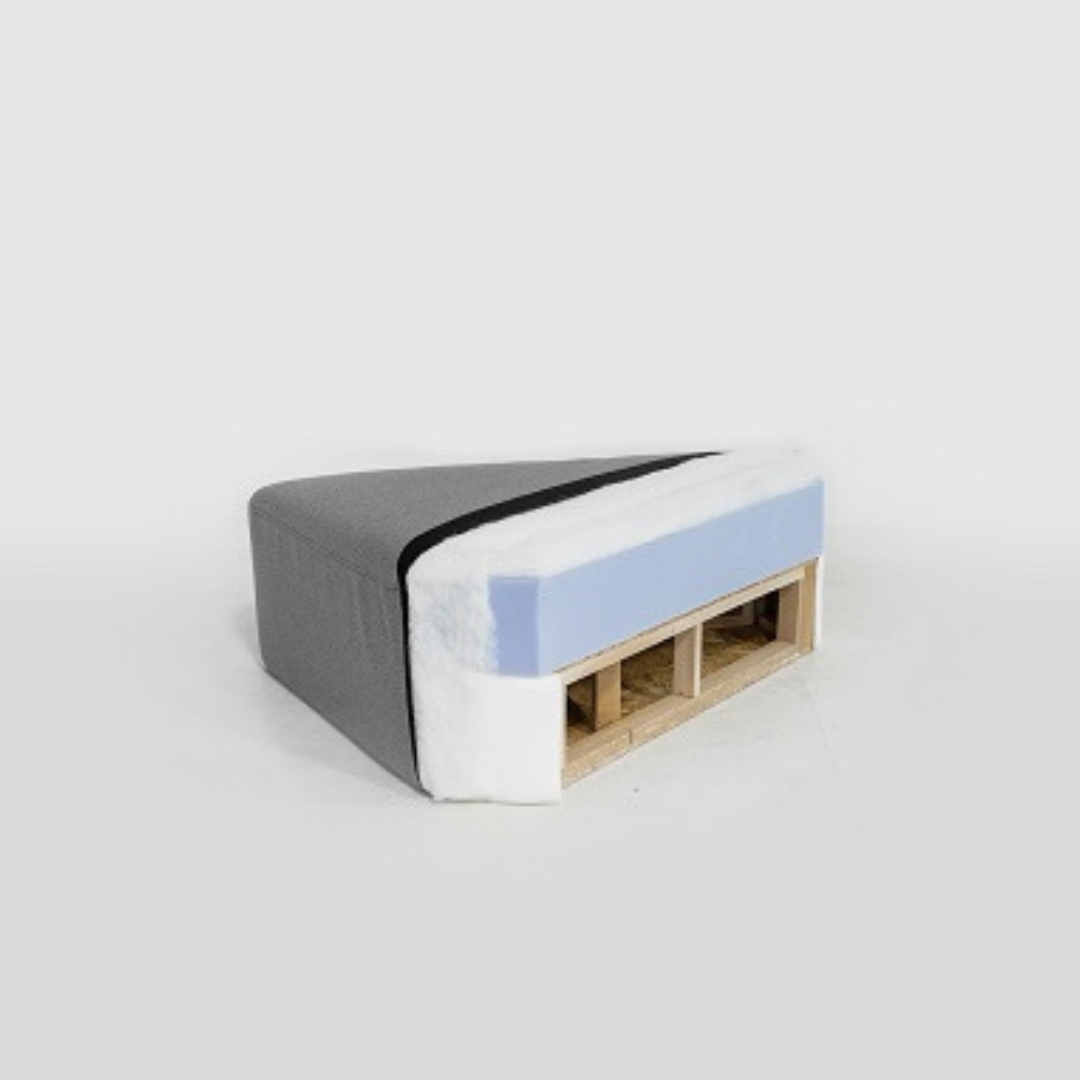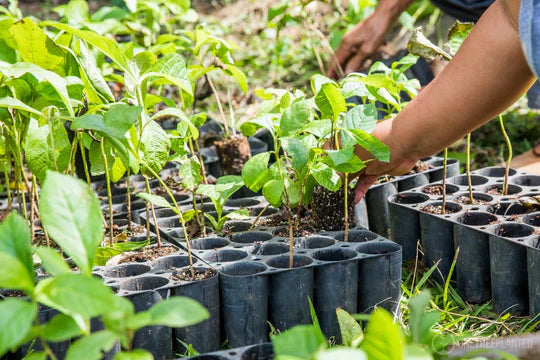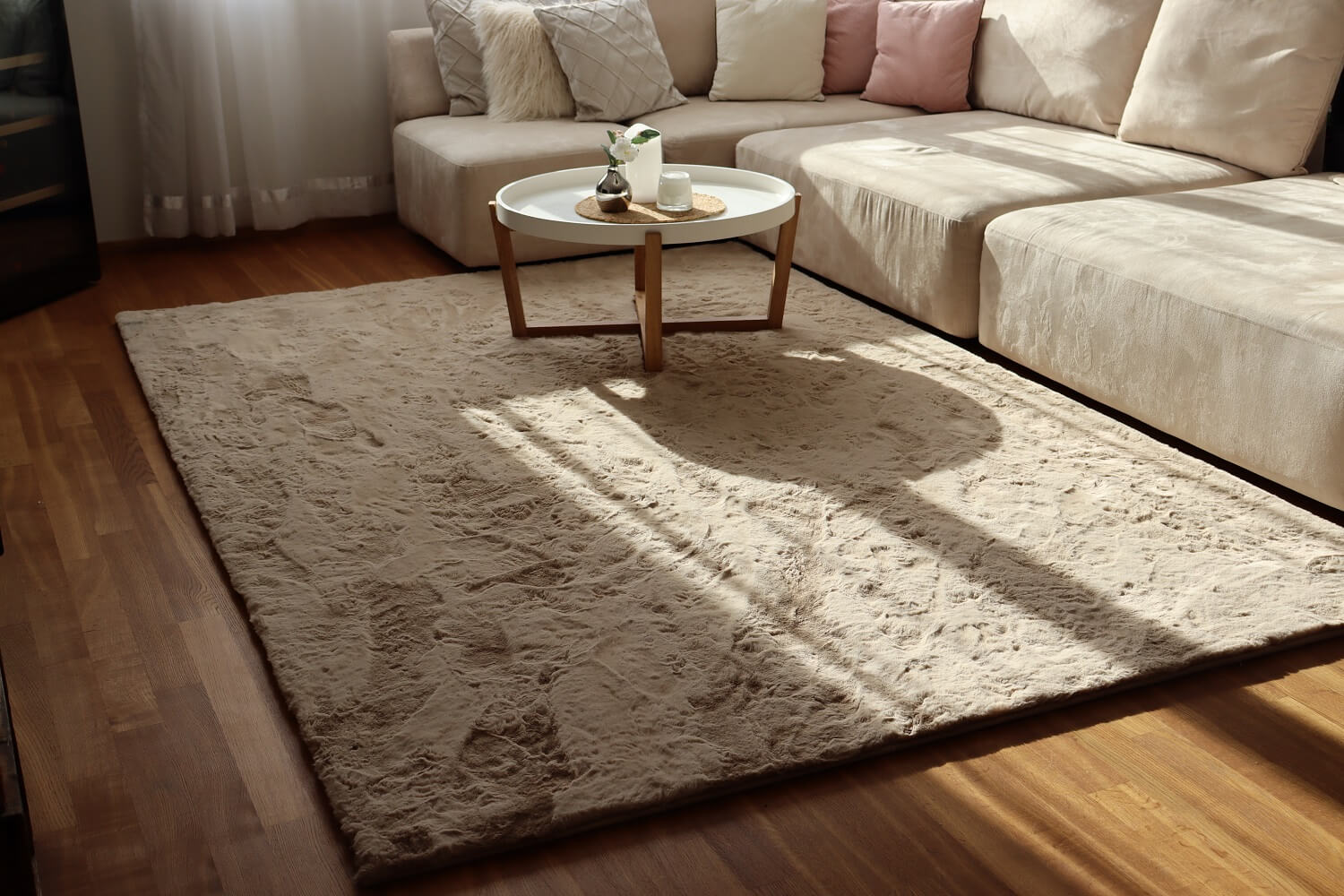Do you pay attention to sustainability in everyday life?
Whatever your answer, let's face it: most of us could probably do more to reduce our footprint on our planet.
The word sustainability shouldn't just remain an incomprehensible buzzword. It should become a topic you can also consider in your daily life. That's why we've done some research for you and compiled simple tips for more sustainability in your daily life.

Sustainable daily living – you can implement these tips from now on
- Load the dishwasher and washing machine
Depending on the model, dishwashers and washing machines can be real energy hogs. If we're already impacting the environment, it should at least be worth it every time. So always load your dishwasher and washing machine as much as possible before starting them.
If you also use the ECO program for both the dishwasher and the washing machine, you can save even more energy.
- Avoid the oven forecast
Did you know that you can save about 20% of electricity if you only turn on the oven when you put your dish in it?
Turning the oven on beforehand is completely unnecessary, as it only uses energy without actually warming the food. If you only turn the oven on when it's actually being used, the baking time will be slightly longer, but the environment will thank you.
- Shopping bags instead of plastic bags
When shopping, there is a huge amount of unnecessary plastic waste, not only from food packaging, but also from plastic bags in which the purchase is then packaged.
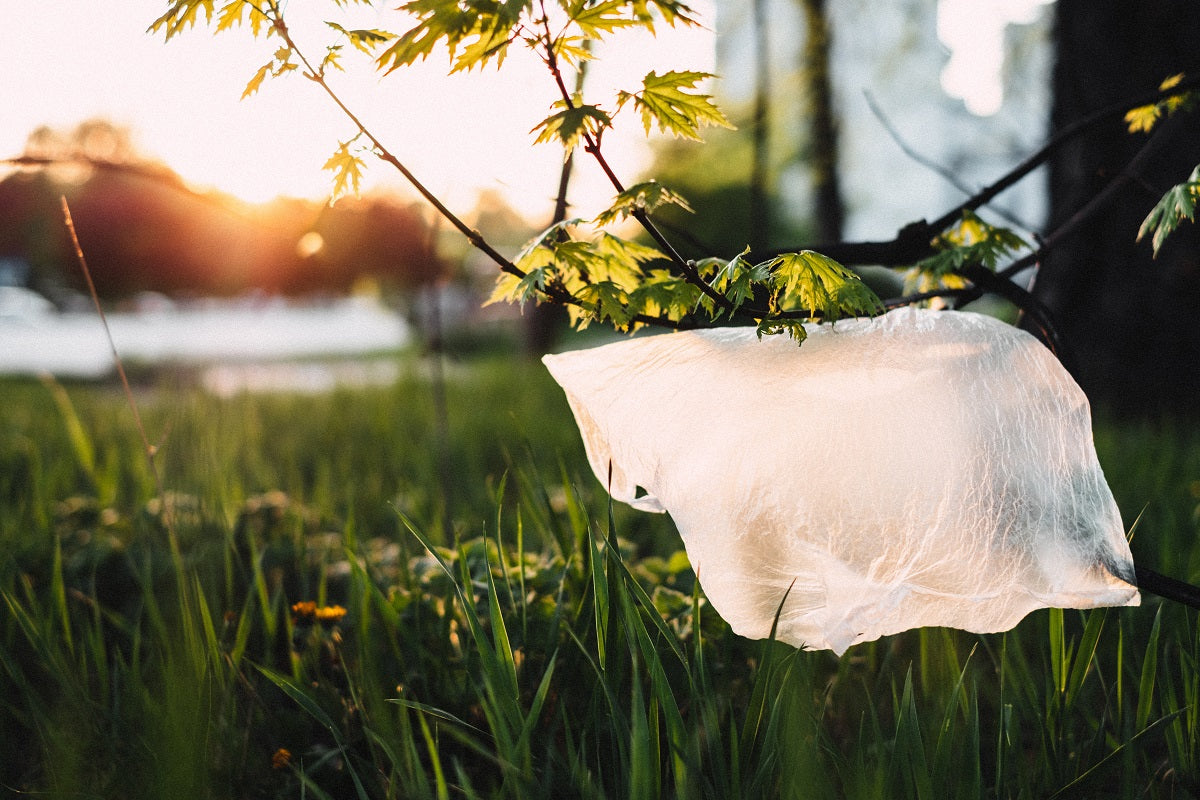
Admittedly, more and more people are already relying on reusable bags, backpacks or trolleys here - but unfortunately, even here, plastic bags have not completely disappeared.
So get a practical bag or another reusable bag for your future purchases.
- Plan your purchase
A very simple tip, which is often underestimated: look at your needs before making your purchase.
If you know what you need and plan your purchases, you're much better off avoiding food mills. A bonus insider tip: don't shop hungry just because you're not hungry when you're hungry. Then you'll be happy to overdo it, and you'll probably just buy whatever you feel like.
- Regional and seasonal shopping
Eating regionally and seasonally not only benefits the environment, but also your health and your wallet. Yes, we all enjoy an avocado or a sweet pineapple every now and then, but unfortunately, they don't grow in Switzerland.
Moreover, many of these products require large quantities of water to grow. However, water is often scarce in the growing areas. The tons of CO2 used for transport also make it anything but sustainable.
Let's focus more on our regional and seasonal food. Our apples in all their varieties, sweet cherries, strawberries, and plums are also unbeatable, aren't they?
- Avoid receptions
Whether it's shopping or after dinner at a restaurant, we're often asked if we want a receipt. But honestly, how many times have you accepted them and thrown them straight in the trash?
So just do without it in the future and announce this in advance, otherwise tickets will be placed in your hand.
- Glass instead of plastic
Reducing plastic is incredibly important when it comes to living more sustainably.
If you have a choice between glass and plastic while shopping, choose glass in the future. You might be more likely to use glass more often, making it more environmentally friendly. Plus, unlike plastic, glass doesn't contain any pollutants.
- Ask the textile industry
It should be clear to almost everyone that the textile industry is dirty. For the dresses we buy in the well-known fast fashion stores, children sometimes work in inhumane conditions, without protection from dangerous chemicals, and for pitiful wages.
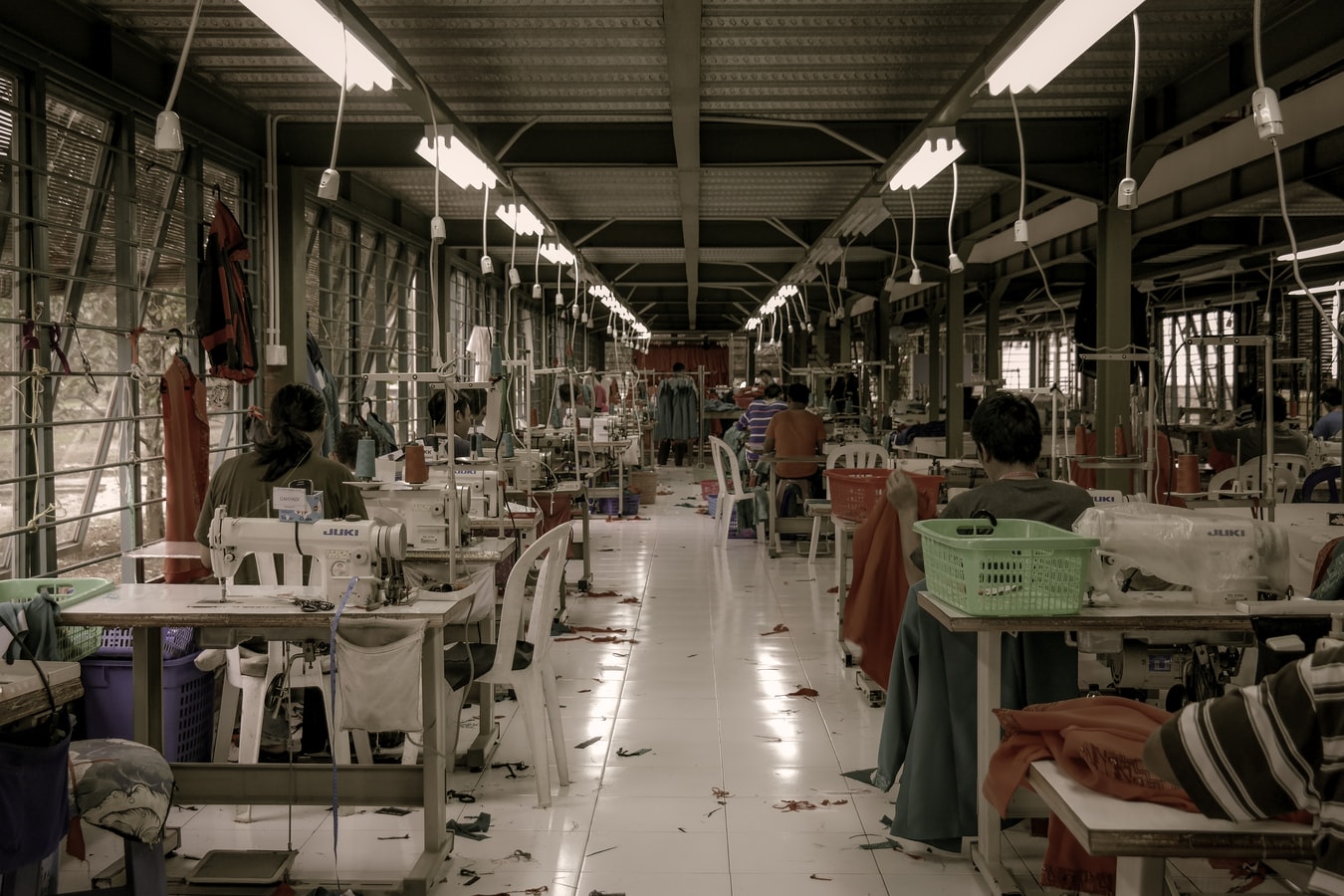
If you're looking to buy more sustainable clothing, there are several alternatives. There's already a wide selection of beautiful clothes from ethical brands that produce sustainably and are fully transparent. If you want to take things a step further, buy secondhand or organize a clothing exchange—there are more and more options in this area as well.
Live sustainably with the right furniture
The world of design and furniture is currently changing, and Livom is right in the thick of it with a sustainable selection of benches , tables , chairs , and outdoor furniture . That's why we also have tips for you on living and furniture.
- Pay attention to the origin of the materials
Trees are being felled – we don't have as much influence on that as we might like.
Unfortunately, you'll find a wide selection of furniture made from tropical forests with a sustainability seal in furniture stores today. However, the sustainable extraction of tropical wood is an invention.
So why buy a table made of tropical wood when you can have beautiful furniture made from local tree species?
- Sustainable is sustainable
Everyone needs furniture to live, and living is important to us. Unfortunately, too often, the price of the furniture and other factors are neglected.
We've all had our experiences with cheap furniture. Whether it's holes that were drilled incorrectly, sofas that were quickly lifted, or cabinets that had to be removed the first time, cheap furniture often causes problems for us.
A major problem is that cheap furniture is of poor quality and therefore doesn't last as long as quality furniture. It makes a difference whether you have to buy a new wardrobe every three years or whether it easily lasts 15 years. Ultimately, it's worth spending a little more than having to buy new.
Now it's your turn
You saw: it's actually not that difficult to live more sustainably in everyday life. We can easily implement most of the tips into our daily lives. We just have to follow everyone's lead and pay more attention to how we live and consume.
For example, with the WWF Footprint Calculator , you can easily calculate your ecological footprint. This test also showed us that there's still a catch requirement in terms of sustainability in everyday life – but nobody's perfect, right?
We're far from perfect. However, because we deal with this issue every day, we're also trying to adjust our behavior step by step and ensure it's more climate-friendly.
What are you doing to live a little more sustainably in your daily life? Let us know! 😊
